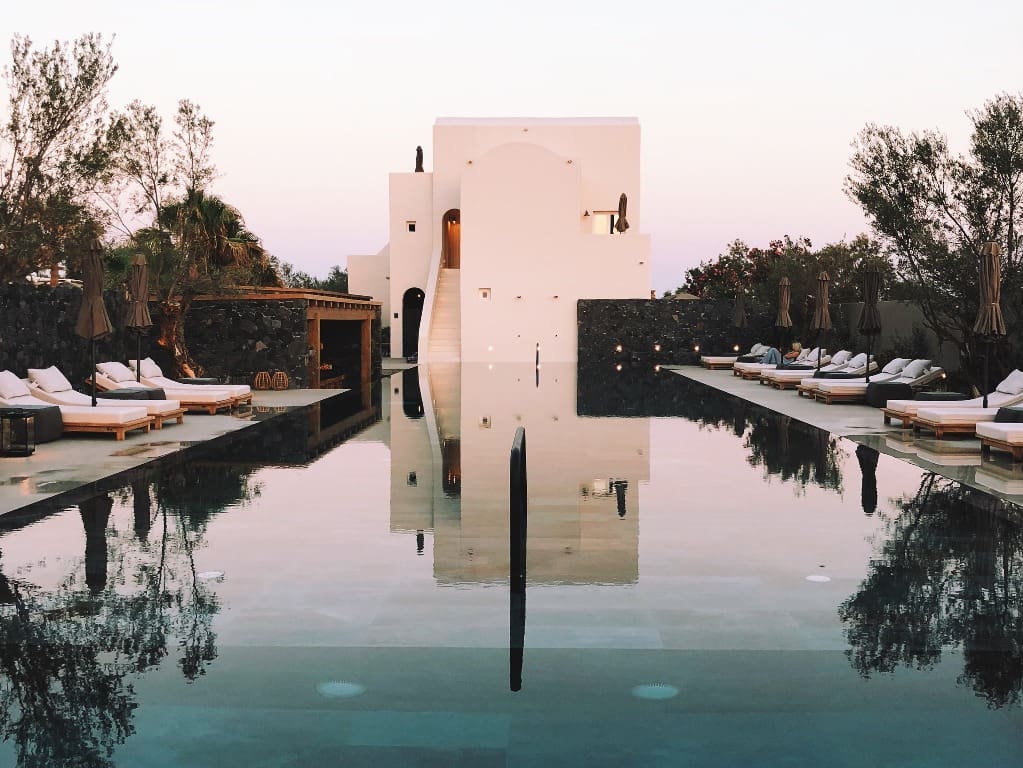Customers ready to splurge on views and special experiences
ANN RUPPENSTEIN
Although occupancy levels for luxury hotels are only back to 48-58% of pre pandemic levels on a global level, room rates are already higher than they were in 2019.
Jan Freitag, National Director, Hospitality Analytics at CoStar, said this trajectory is notably different from the recovery following 9/11 and the financial crisis of 2008, when both occupancy and room rates fell.
“We’re starting off in a position of strength going forward,” he shared, noting that luxury hotel rates are up significantly in the US and the Caribbean and most luxury hoteliers opted not to cut rates to drive demand.
While recovery fluctuates by region, he reported that the luxury hotel industry in the U.S. is rebounding quickly.
“In the United States, in April, we sold as many luxury rooms as we sold in April of 2019,” he said. “It’s phenomenal to see that we’re selling exactly the same number of luxury rooms that we did in the US than we did in 2019, but room rates are now call it 30% or so higher.”
For example, luxury properties in Miami are coming in at +49% over 2019, and Tampa luxury hotel rates are +43% over 2019.

Business travel is also picking up, but the recovery is stronger for destinations and “places that have access to the outdoors” more so than urban areas.
“There’s a lot of demand for the more rural areas,” he said, adding that this trend is being driven by the demand for bleisure trips coming out of the pandemic and the line between leisure and work continuing to blur. “This, I think, is a trend that will continue going forward.”
Group business is also back, coming out of years of not being able to celebrate milestone moments and special events during the pandemic.
As for leisure travel, he pointed out that customers are willing to spend more on special experiences and will splurge or upgrade for a better view.
“Leisure travel is recovering. Revenge travel is here,” he said. “It may be burning off a little bit but there’s still a lot of pent up savings. People want experiences that are on the high end.”
However, he said labour shortages are still impacting the hotel industry as many staff left the industry during COVID with no plans of returning.
“The hotel industry lags 300,000 workers compared to early 2020,” he said.

















